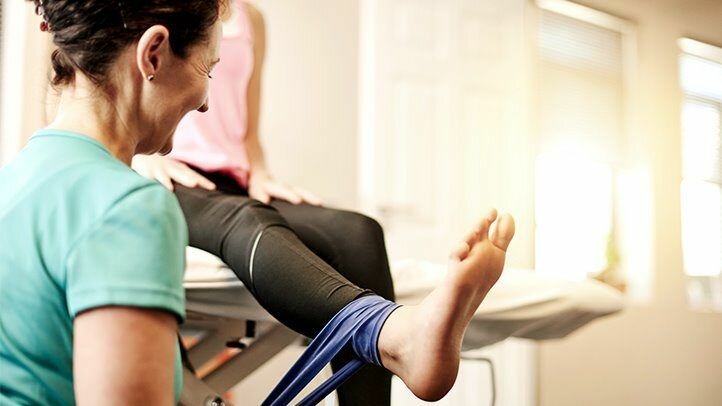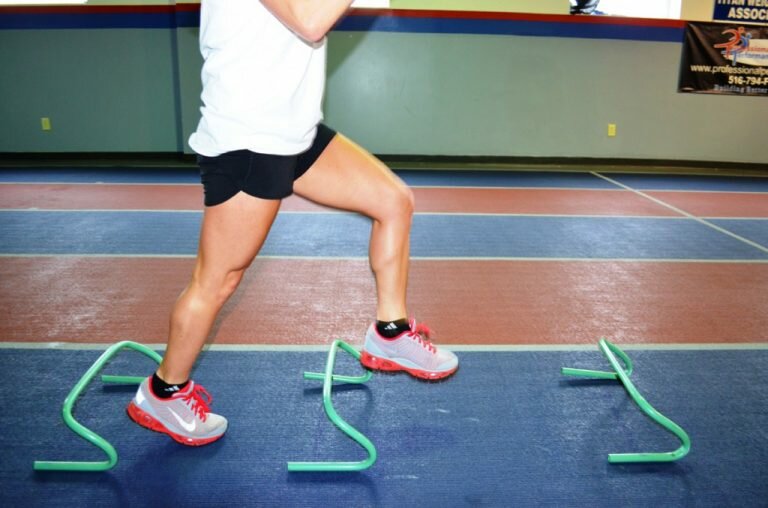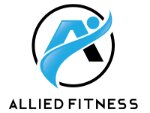Exercise with Multiple Sclerosis
By Brooke Fletcher
Multiple Sclerosis currently affects over 25,000 Australians and more than two million worldwide (reported by MS Australia).
There is currently no cure for MS but exercise can help to manage and decrease severity of symptoms. I am here to explain if you have been recently diagnosed or have been living with MS for a while why exercise should form a part of your lifestyle.
So, what is Multiple Sclerosis?
Multiple Sclerosis is a condition of the central nervous system where the protective casing around the nerve is compromised, disrupting the communication from the brain to the body. Every individual has different symptoms with the severity varying between individuals and can change from day to day. There are several different categories of MS which will determine the best exercises or goals to work towards.

There are three categories which Multiple Sclerosis can be categorised into and will influence the type and goals for exercise. These include:
- Relapsing Remitting: (The most common form) Where there is full or partial recovery from an episode or attack. Exercise should be tailored or avoided depending on the symptom that is flaring. Depending on the length of the attack and the symptoms, exercise may need to be modified to get back to where you were strength or fitness wise prior.
- Secondary Progressive: This is when relapsing remitting becomes progressive in nature with each attack. Programs may need to be modified and goals re-evaluated following each attack.
- Primary Progressive: The condition has been progressing from the diagnosis. Exercise will be aimed at slowing the decline and helping to increase function and independence.
Due to the unpredictability of this condition and the variability of its nature, it is best to have the guidance of an Exercise Physiologist when either starting or during your exercise program. Fatigue and walking difficulties are reported to be the most common symptoms experienced with MS and exercise can benefit both of these.
There are proven benefits with Multiple Sclerosis when it comes to exercise. Not only is there evidence that it can reduce symptom severity, it also helps to manage any other chronic conditions that result from inactivity.
With fatigue as one of the main symptoms this can make exercise a challenge to start with. An Exercise Physiologist can guide you with an individualised program and help to overcome barriers, which in turn will help to reduce fatigue. A combination of both strength and aerobic exercise is recommended with both types of exercise performed twice a week. Balance and coordination also make up a component of training with MS to prevent falls and to help with other symptoms experienced. These recommendations will vary between individuals which is why it is important to consult with an exercise professional before commencing.

There are some considerations when it comes to exercise. For example, heat sensitivity is another symptom of MS so it is important that the environment you are training in is suitable. If the patient is fairly weak or unstable this also could present as a falls risk and will need to be accommodated throughout the program.
The benefits of exercise outweigh the risks and considerations which is why anyone and everyone should participate in some form of physical activity.
At Allied Fitness Australia we currently do a lot of work with the NDIS and see a lot of clients with Multiple Sclerosis. We work closely with support coordinators, family members and the clients to help reach their goals including increasing ability with activities of daily living as well as addressing other disorders. For those who are unable to reach our facilities we also offer home visits.
If you do have funding with the NDIS you can access Exercise Physiology services under both the improved health and wellbeing and improved daily living categories and our dieticians can be accessed under improved health and wellbeing. If you are self-managed, Agency managed or Plan managed we work with the nominated providers in arranging service agreements through to the delivery of services.
If you would like more information on how we can help you or if you are unsure on your funding or eligibility please get in touch and organise a complimentary consultation with one of our Exercise Physiologists or dieticians today.
Brooke Fletcher
Accredited Exercise Physiologist
